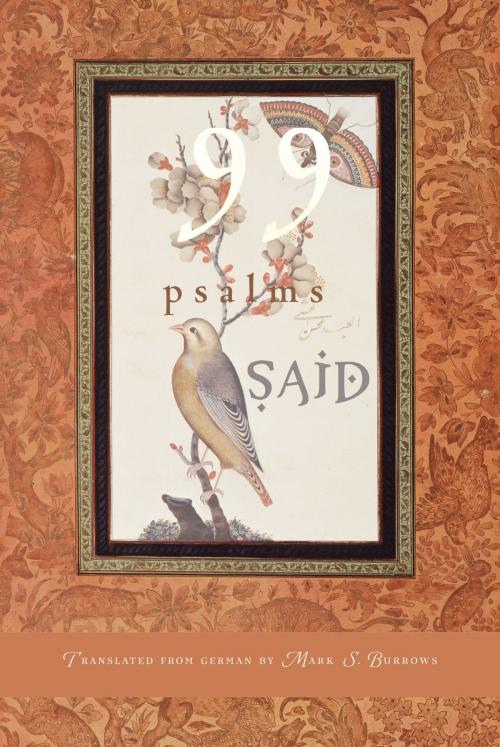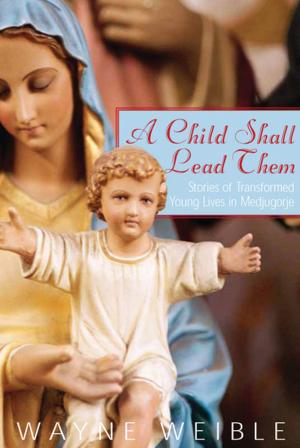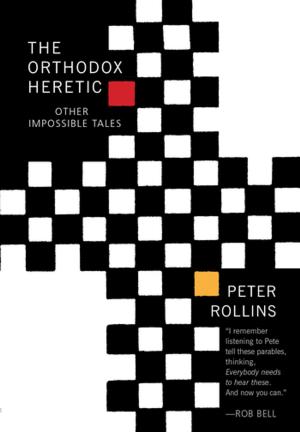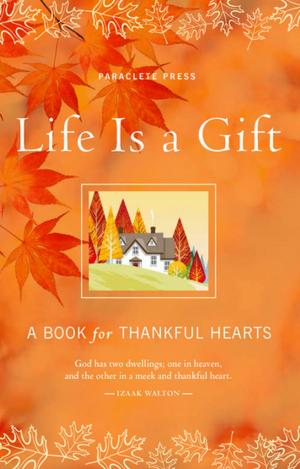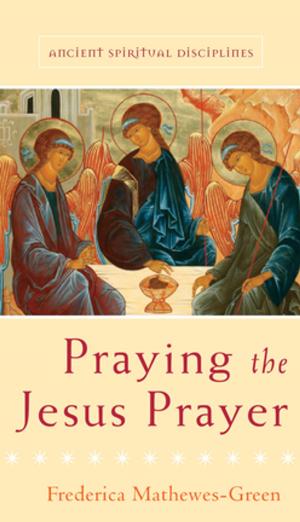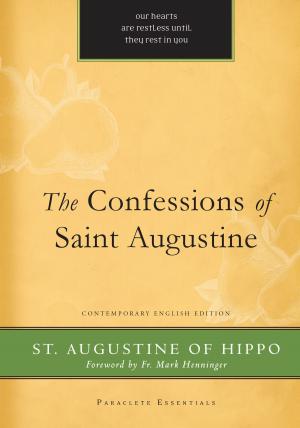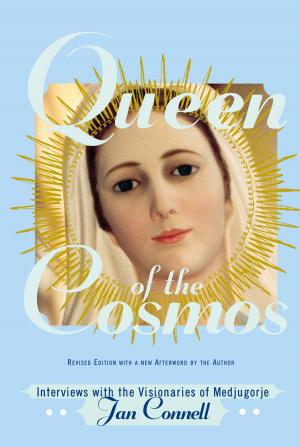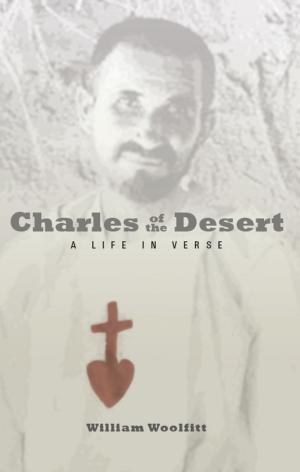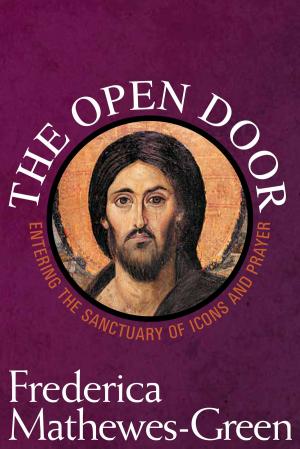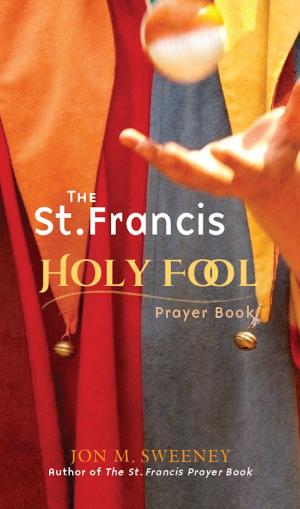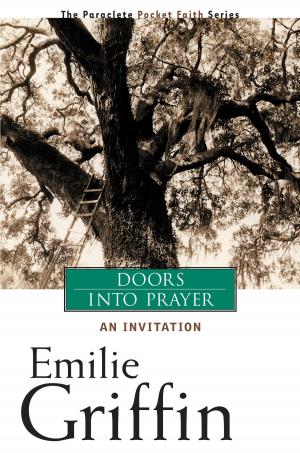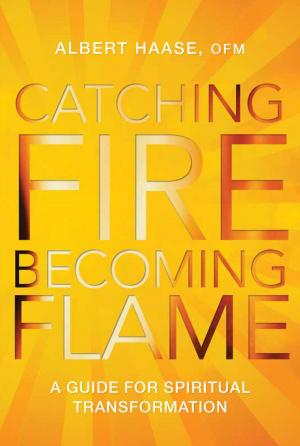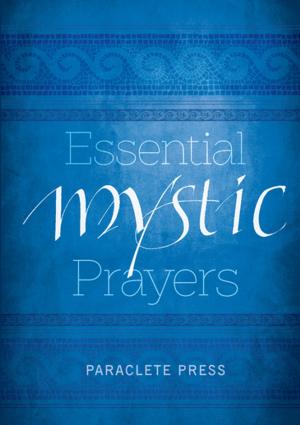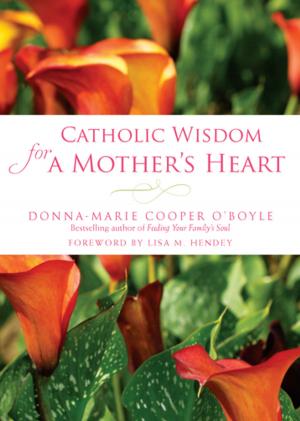| Author: | SAID | ISBN: | 9781612613673 |
| Publisher: | Paraclete Press | Publication: | July 1, 2013 |
| Imprint: | Paraclete Press | Language: | English |
| Author: | SAID |
| ISBN: | 9781612613673 |
| Publisher: | Paraclete Press |
| Publication: | July 1, 2013 |
| Imprint: | Paraclete Press |
| Language: | English |
SAID’s 99 Psalms are poems of praise and lament, of questioning and wondering. In the tradition of the Hebrew psalmist, they find their voice in exile, in this case one that is both existential and geographical. His decision to include 99 in this collection recalls the ancient Muslim tradition that ascribes 99 names to Allah, though the “lord” whom this psalmist addresses is not bounded by this or any other religious tradition. As psalms that turn to the “lord” with a lover’s vulnerability, they avoid every trace of sentimentality. Rather, they seek to open us to the mystery of human life, warning us of the difficulties we face in our attempts to live peaceably together in the midst of our differences. “These psalms sound the urgent need for revelation, implying a strong corrective to our modern material life. It is a joy to witness the vision of such an arresting poet. This is a book to savor.” -Maurice Manning, recipient of the 2009 Hanes Poetry Award from the Fellowship of Southern Writers, and author of The Gone and the Going Away “Seldom have I found prayers such as these – that bypass the usual religious clichés to speak in an immediate, compelling, and living way. SAID is surely the beneficiary of true spiritual encounter! Here you will find insight, breadth, daring honesty and the kind of love that sees clearly because it has allowed itself to be seen.” —Fr. Richard Rohr, OFM, founding director of the Center for Action and Contemplation in Albuquerque, NM, and author most recently of Falling Upward “Rarely do collections of prayers cut to the bone. These are prayers for passionate seekers and confounded believers, Muslim, Jewish or Christian. Taut-lined cries to God evoke the Hebrew psalms, yet their voice is from our world – speaking fiercely to what our current world forces upon us: the pierced and anguished heart in exile, wrestling Jacob-like with God while taking human flesh seriously to call our religious clichés into account.” —Don E. Saliers, Wm. R. Cannon Distinguished Professor of Theology and Worship, Emory University and author most recently of A Song to Sing, A Life to Live
SAID’s 99 Psalms are poems of praise and lament, of questioning and wondering. In the tradition of the Hebrew psalmist, they find their voice in exile, in this case one that is both existential and geographical. His decision to include 99 in this collection recalls the ancient Muslim tradition that ascribes 99 names to Allah, though the “lord” whom this psalmist addresses is not bounded by this or any other religious tradition. As psalms that turn to the “lord” with a lover’s vulnerability, they avoid every trace of sentimentality. Rather, they seek to open us to the mystery of human life, warning us of the difficulties we face in our attempts to live peaceably together in the midst of our differences. “These psalms sound the urgent need for revelation, implying a strong corrective to our modern material life. It is a joy to witness the vision of such an arresting poet. This is a book to savor.” -Maurice Manning, recipient of the 2009 Hanes Poetry Award from the Fellowship of Southern Writers, and author of The Gone and the Going Away “Seldom have I found prayers such as these – that bypass the usual religious clichés to speak in an immediate, compelling, and living way. SAID is surely the beneficiary of true spiritual encounter! Here you will find insight, breadth, daring honesty and the kind of love that sees clearly because it has allowed itself to be seen.” —Fr. Richard Rohr, OFM, founding director of the Center for Action and Contemplation in Albuquerque, NM, and author most recently of Falling Upward “Rarely do collections of prayers cut to the bone. These are prayers for passionate seekers and confounded believers, Muslim, Jewish or Christian. Taut-lined cries to God evoke the Hebrew psalms, yet their voice is from our world – speaking fiercely to what our current world forces upon us: the pierced and anguished heart in exile, wrestling Jacob-like with God while taking human flesh seriously to call our religious clichés into account.” —Don E. Saliers, Wm. R. Cannon Distinguished Professor of Theology and Worship, Emory University and author most recently of A Song to Sing, A Life to Live
